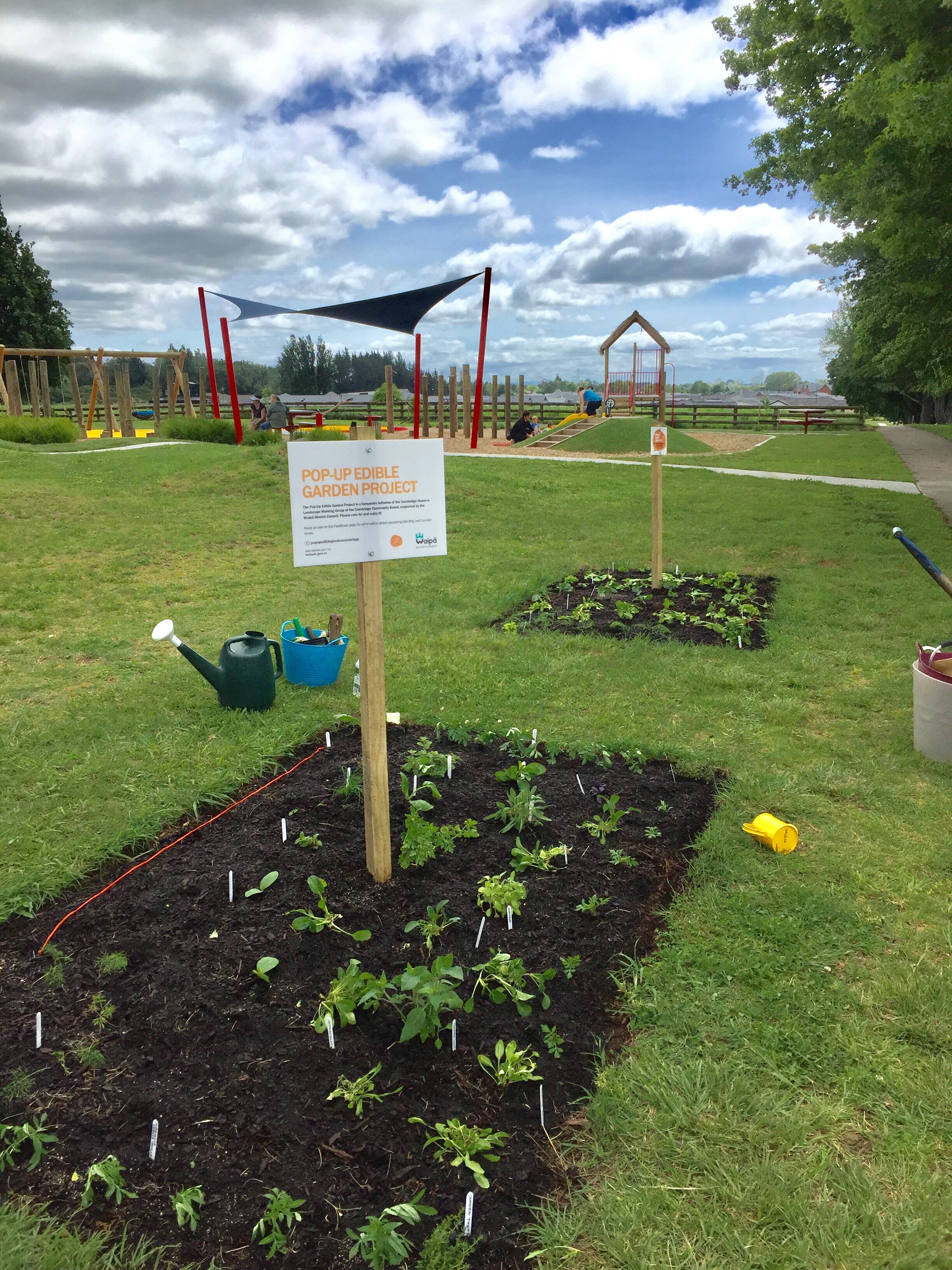Planting community gardens in public parks
A Cambridge community board member who’s pushing for councils around the country to plant vegetable patches in public parks has hit an early road bump with her own project. Just 36 hours after Elise Badger and fellow volunteers planted 60 seedlings at a Leamington park, she discovered half of them had been ripped out.
“Yeah widespread damage,” a disappointed Badger told LAA. “Some of the limitations around it were that we weren’t able to erect any kind of permanent structures in the garden in terms of protective barriers. But since this vandalism - we don’t know if it’s people or animals - we will probably install some netting and hoops.”
The vegetable gardens before they were vandalised.
The plot is one of four included in Waipā District Council’s Pop Up Community Edible Garden Project. The six month trial is being led by Badger, who says the idea was prompted by COVID-19 and fears of food security.
“Lock down was a really interesting time (for me) of feeling if you’re not an essential worker what is your place and value in the world,” she says. “It was a personal time of reflection. And then another part of it is also seeing the way we suddenly kind of collectively became afraid of the security of our food. You know, people rushed out, our garden centres were absolutely decimated, with people taking home four trays of broccoli seedlings which no doubt they have no room to grow.
Cambridge Community Board member Elise Badger with daughter Demi at the planting day. Badger would like to see similar vegetable patches in parks around the country.
“Whether or not that fear (around food security) is justified is irrelevant. I think we can be doing more to support our community’s access to fresh vegetables and herbs.”
Badger says councils could use berms and other public spaces to plant vegetables instead of planting grass. Apart from feeding people veggie patches could also have environmental benefits like less mowing.
Volunteers help out.
“I don’t see why, if we have a good model and a good system for these things, we can’t be growing fruit and vege all over our country. Big picture I think it would be amazing to see.
“And obviously there’s a whole other conversation to be had around our waste management and installing community composts.”
Badger says the council always knew vandalism might be a problem but she’s hoping that as people see the vegetables grow they’ll understand the benefits of such a project and the vandalism will stop.


